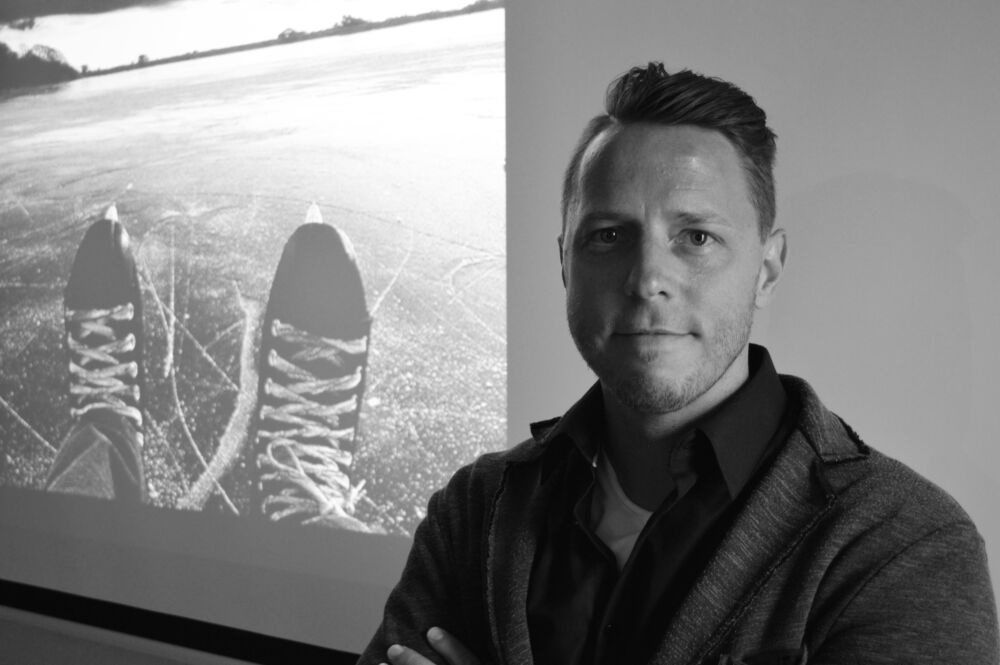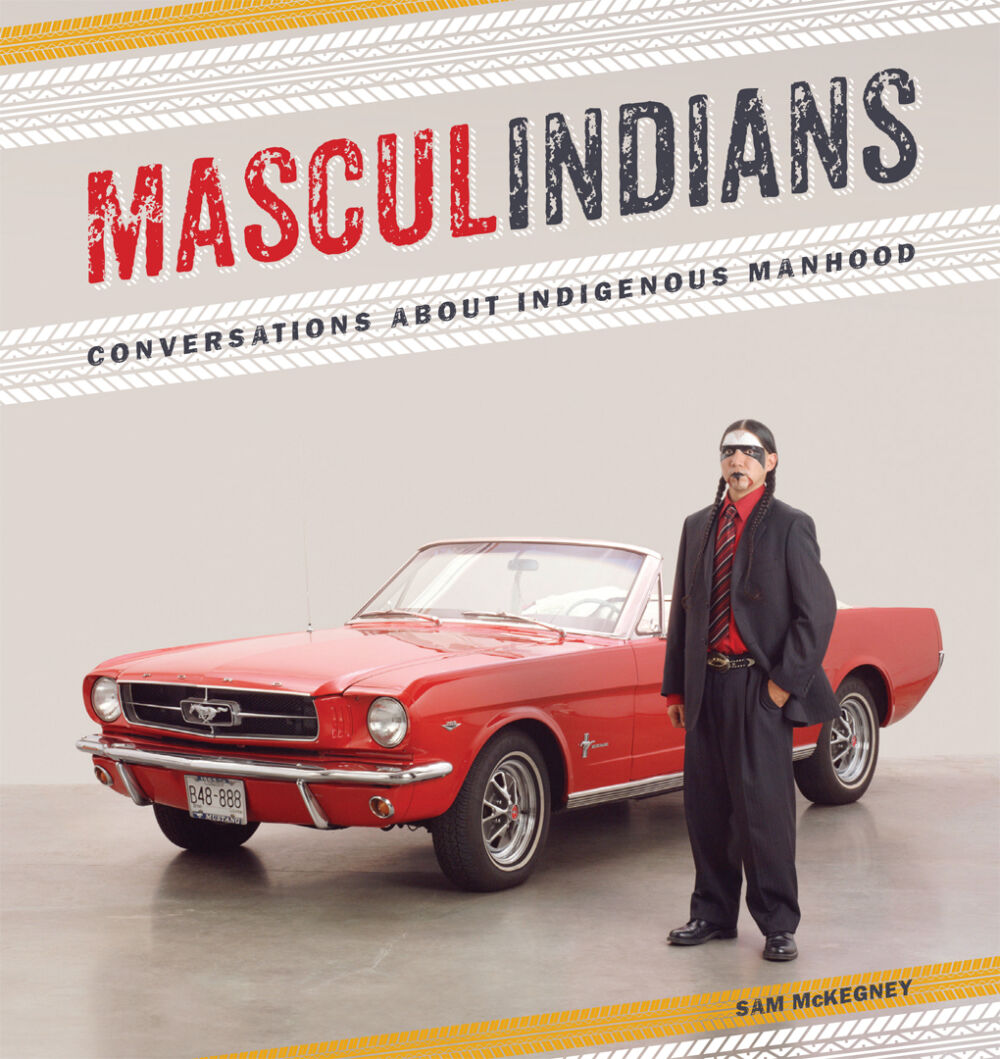Just over a decade ago, UMP published my first book Magic Weapons, which examines the resilient power of residential school survival narratives.


Some years later when it came time to publish a second book—the collection of interviews, Masculindians — it only seemed natural to again knock on UMP’s door. After all, I had had an amazing experience the first time around, and they had published so many books that had informed my thinking fundamentally, books that had become part of me.
(Check out, if you’ve not already done so, the seminal monographs by my dearly departed mentors Jo-Ann Episkenew and Renate Eigenbrod, for instance, and UMP titles by Kim Anderson, Rob Innes, Keavy Martin, and Rick Monture, and so many other brilliant colleagues and friends.)
I guess what I’m trying to say is, I returned to UMP because I felt at home here. And I felt at home because many of the authors UMP has published are like family to me and because members of UMP’s staff have become like family as well through their tireless caretaking of my projects. I believe this to be one of the reasons that UMP produces such consistently fabulous books in the field of Indigenous Studies: the Press supports and nourishes projects with the dedication, enthusiasm, and sense of responsibility of a family member—a rare ethic indeed and one from which my scholarship has benefited tremendously.
Reflecting on my own career a bit in preparation for this blog, I’ve recognized that each of my major projects has grown organically out of its predecessors and that UMP has been there every step of the way. I started working on Magic Weapons because back at that time—we’re talking circa 2000 here—readers were treating the stories of residential school survivors mainly as evidence of institutional victimization, while ignoring the ongoing agency of Indigenous authors to nourish and empower their communities in the wake of residential school; John Milloy’s seminal historical work A National Crime (published by UMP in 1999 and reissued this year) was at my side throughout my whole writing process.
As I researched Magic Weapons, I recognized the complex ways in which Indigenous understandings of gender were targeted for suppression by settler colonial policies and practices like residential schooling, and that while a lot of significant scholarship had been written on the impact of such incursions on Indigenous women, not much had been written on their impact on Indigenous men. As a settler scholar, I thought that one of the ways I might be able to help address this omission would be to interview Indigenous artists, activists, academics, and Elders on the subject of Indigenous masculinities. These interviews became Masculindians: Conversations about Indigenous Manhood (UMP 2014).
Then when UMP helped me organize a speaking tour during the winter Masculindians was published, I was asked a number of times about the role of sport in fostering both healthy and unhealthy ideas about Indigenous masculinity; during my travels I also connected with a number of Indigenous athletes and scholars who were interested in pursuing the answers to such questions and have become collaborators on subsequent work. As such, both of the main projects I’m working on right now have emerged directly from my previous projects with UMP: first, a critical exploration of Indigenous masculinities and literature tentatively titled Carrying the Burden of Peace: Indigenous Masculinities and Story, and second, an exploration of the ambivalent place of hockey in relation to ongoing settler colonialism in Canada tentatively titled Decolonizing Sport: Indigeneity, Hockey, and Canadian Nationhood (if you’re interested in information about the latter project, feel free to check out http://www.universityresearch.ca/researchers/find-researchers/dr-sam-mckegney/)
Connecting the dots of my career thus far, I see that I’m indebted to, interwoven with, and dependent on UMP in so many ways. And I’m so thankful for it. Happy 50th Birthday UMP! My shelves and my thoughts are richer for what you’ve brought to print in the past half century, and I know that what’s to come in the next 50 years will be rigorous, resistant, and at times revolutionary. I look forward to every page.
With respect and gratitude.
Sam
Posted by Sam McKegney
August 21, 2017
Categorized as Author Posts, UMP at 50
Tagged books, colonialism, health, history, hockey, indigenous, interviews, literature, masculinity, men
A Two-Spirit Journey Wins Two Awards! Ruth Panofsky on The Force of Vocation
